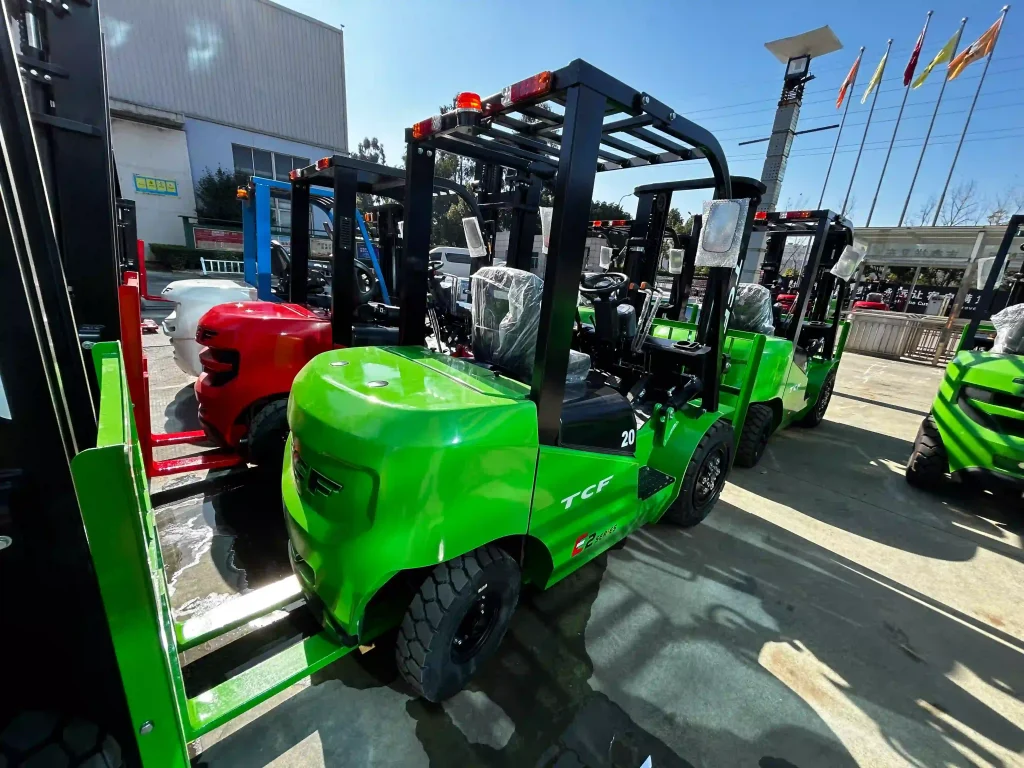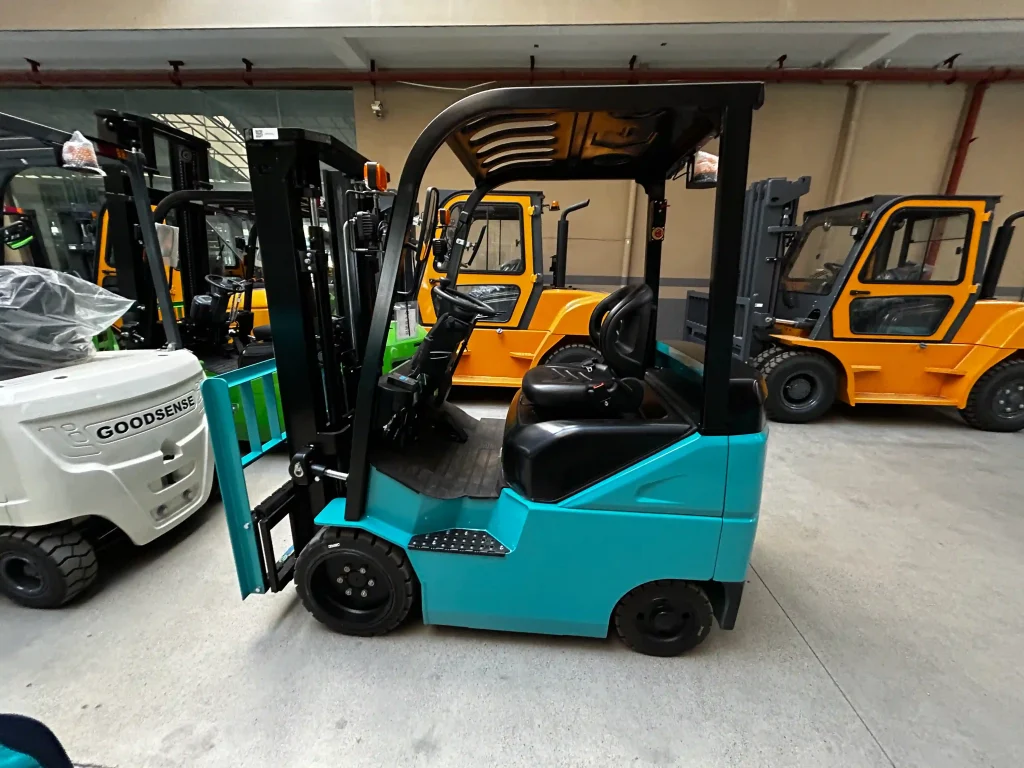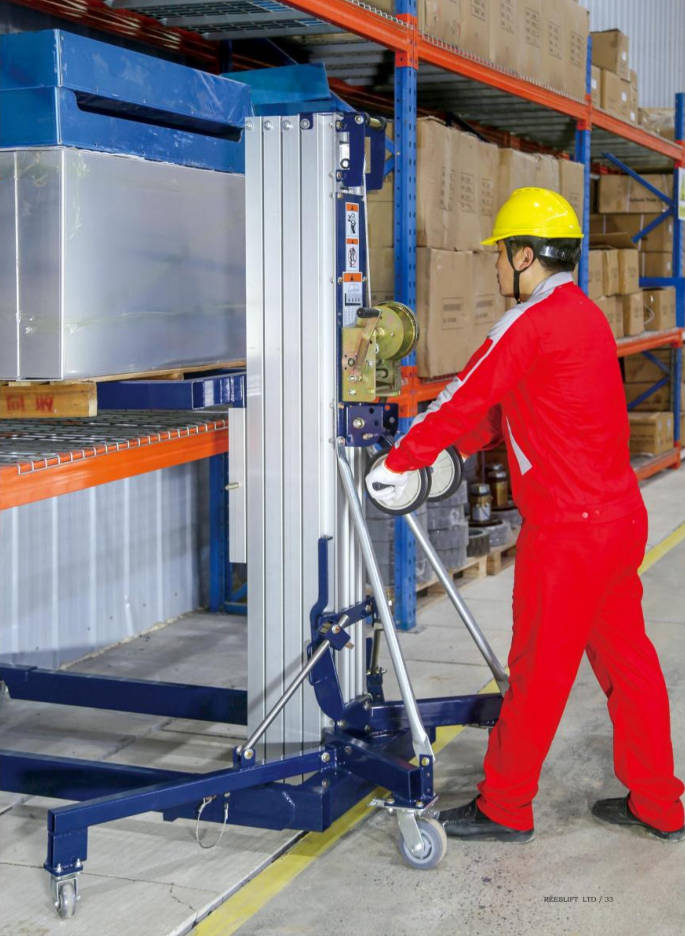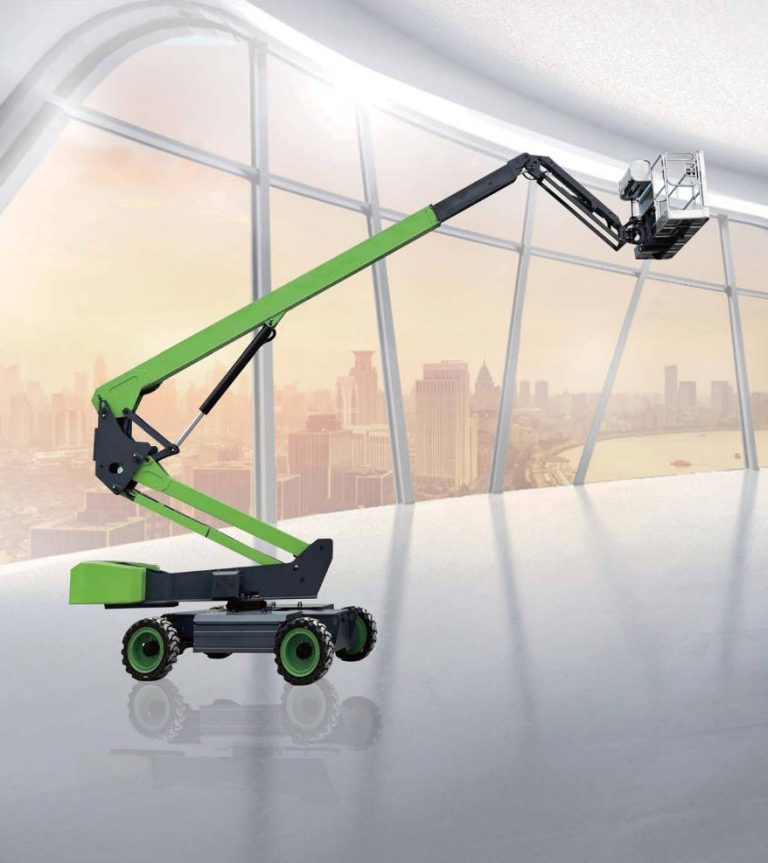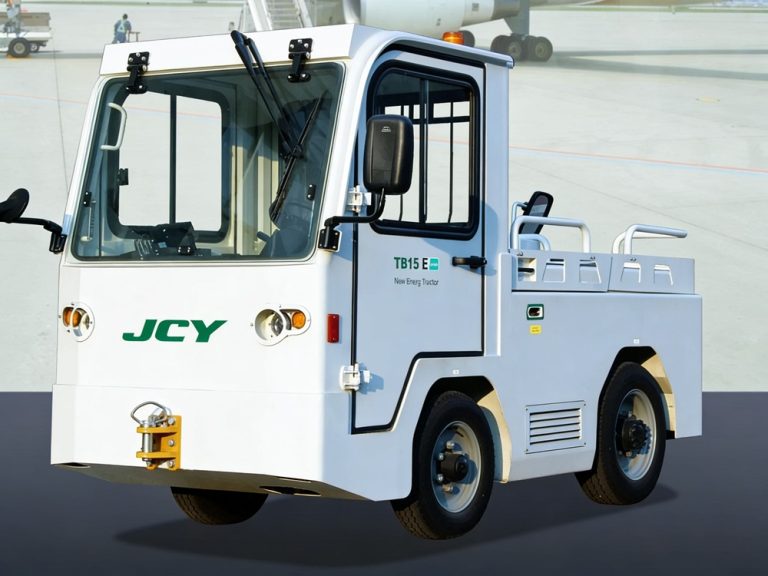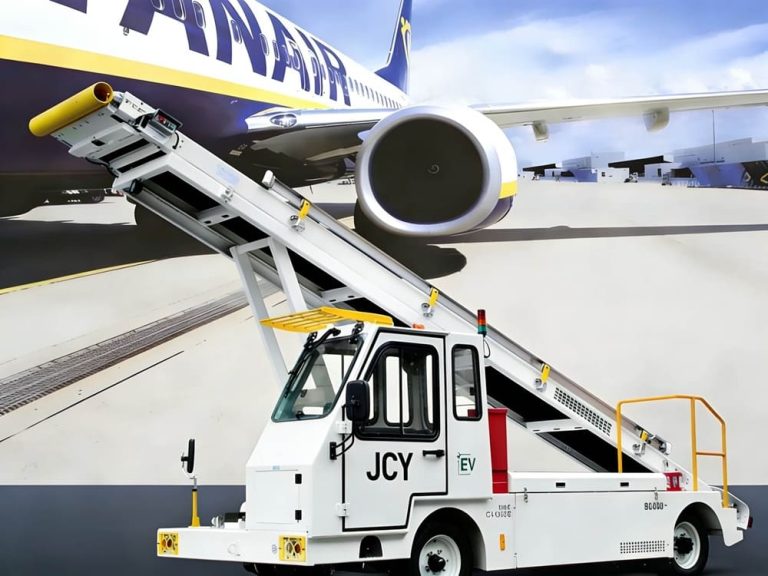Why Do Battery Choices Matter for Power Lift Trucks?
The Connection Between Battery Type and Performance
The kind of battery in power lift trucks really changes how they perform. Different batteries offer different amounts of power, energy density, and charging speeds. These affect how well a truck can lift heavy stuff. For example, lithium-ion batteries hold more energy and charge quicker than old lead-acid batteries. This makes them awesome for jobs needing fast results. The link between battery type and performance makes sure the chosen battery matches the work’s needs.
How Batteries Influence Operational Costs
Batteries also have a big say in the running costs of power lift trucks. Lead-acid batteries are cheaper to buy at first. But they need lots of care and don’t last long. On the other hand, lithium-ion batteries cost more to start with. Still, they save cash over time with less upkeep and longer life. Picking the right battery helps companies stretch their budget while keeping work smooth.
What Are the Types of Batteries Used in Power Lift Trucks?
Lead-Acid Batteries: Pros and Cons
Lead-acid batteries are super common in power lift trucks. They’re easy on the wallet and trustworthy. These batteries are great for jobs with steady patterns and enough time to recharge. But they need regular care, like adding water and cleaning, to avoid sulfation and last longer. Their slow charging can also slow things down in busy workplaces.
Lithium-Ion Batteries: Advantages and Limitations
Lithium-ion batteries are getting more popular for power lift trucks because they have lots of upsides. They charge fast—some are ready in two hours. They also last way longer than lead-acid ones. Plus, they need next to no care, which is perfect for nonstop jobs. But their high starting price can be a hurdle for some companies.
JinChengYu has a cheap lithium truck built for warehouse tasks with light loads. This truck uses a 20Ah lithium battery. It charges in two hours and works for four hours. It’s a solid example of how lithium-ion tech makes things more efficient.
Emerging Battery Technologies
New stuff, like solid-state batteries, looks exciting for power lift trucks. These aim to pack high energy density with better safety. They could beat out both lead-acid and lithium-ion batteries down the road.
How Do Batteries Impact Efficiency and Productivity?
The Role of Charge Time in Daily Operations
How long a battery takes to charge matters a lot for daily work with power lift trucks. Fast-charging ones, like lithium-ion, get trucks back on the job quick. This means less waiting around. But lead-acid batteries take longer to charge. They also need to cool off before using them again.
JinChengYu’s cheap electric pallet truck comes with built-in chargers. These make recharging a breeze. The setup keeps work going with fewer stops.
Energy Density and Its Effect on Performance
Energy density shows how much power a battery can hold for its size. Batteries with high energy density, like lithium-ion, let trucks keep going longer without recharging. This makes work more productive.
Maintenance Requirements and Downtime
Care needs are very different between battery types. Lead-acid batteries need constant attention. This can mean more downtime if it’s not done right. Lithium-ion batteries are almost care-free. This lets workers focus on their jobs without battery hassles.
What Factors Should Be Considered When Selecting a Battery?
Evaluating Workload and Usage Patterns
Figuring out the workload is super important when choosing a battery for power lift trucks. Heavy jobs might do better with lithium-ion tech. It can handle nonstop work without slowing down.
For example, JinChengYu’s full electric pallet truck runs great. It has things like floating steering wheels. These make moving heavy loads easier.
Cost Analysis: Initial Investment vs. Long-Term Savings
Lead-acid batteries might look like a deal at first. But their ongoing costs—like replacing them and keeping them up—can pile up. Lithium-ion batteries cost more to buy. But they save money over time with longer life and less care needed.
Environmental Considerations
How batteries affect the environment is another thing to think about. Lithium-ion batteries are usually better for the planet. They don’t have nasty stuff like lead or sulfuric acid, unlike lead-acid ones.
JinChengYu: Enhancing Efficiency with Innovative Solutions
JinChengYu’s High-Performance Batteries for Power Lift Trucks
JinChengYu is all about smart solutions for modern material handling. Their cheap lithium truck is a great case. It blends a small design with strong performance for warehouse jobs.
This truck has its own hydraulic system. It uses aviation waterproof connectors rated at IP65. These keep it working outside, even in the rain. Its quick battery swap also cuts downtime during shifts.
Other Advanced Products Offered by JinChengYu
Besides lithium-powered gear, JinChengYu offers tools to make material handling better:
- The budget electrical stacker stays steady with its four-fulcrum chassis. It also keeps workers safe with strong metal covers.
- Themanual hydraulic truck uses tough parts, like chrome-plated piston rods and alloy bushings. These help it last longer.
These products show JinChengYu’s drive to make trusty tools for all sorts of industrial places.
FAQ
Q: What are the main differences between lead-acid and lithium-ion batteries?
A: Lead-acid batteries are cheaper to buy but need lots of care and don’t last long. Lithium-ion batteries charge faster, last longer, and need little care. But they’re pricier to start with.
Q: How does battery maintenance impact power lift truck performance?
A: Good care keeps performance strong. It stops issues like corrosion or bad charging. Those can make work less efficient or damage the battery.
Q: Why choose JinChengYu products for industrial applications?
A: JinChengYu builds tough gear with clever features for heavy-duty jobs. They also offer new energy storage, like efficient lithium-powered trucks. These work well for today’s industrial needs.

